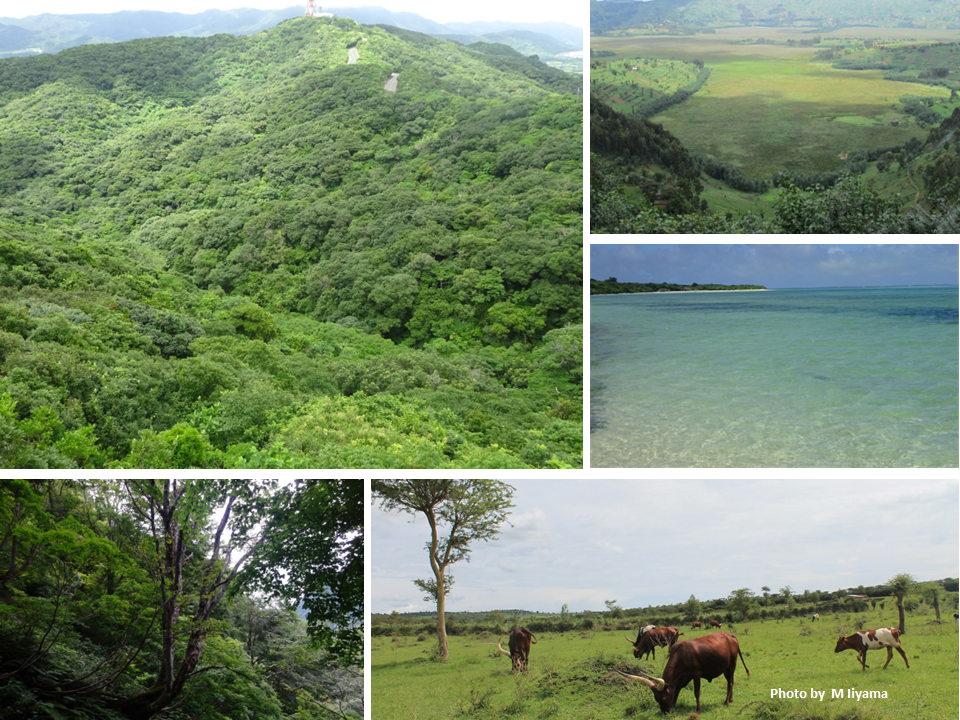Pick Up
1298. Contribution of Nature-Based Solutions to Climate Change

1298. Contribution of Nature-Based Solutions to Climate Change
In the 21st century, humanity is facing unprecedented and escalating climate change impacts and biodiversity loss that far exceed scientific predictions. In this context, there is growing interest in nature-based solutions (NbS) as a strategic, effective, and sustainable approach to mitigate environmental impacts. An editorial in Scientific Reports discusses the role of NbS in climate change.
NbS refers to using natural processes wisely and sustainably (by understanding the functioning of ecosystems/biomes and the provision of goods and services they provide) to address socio-environmental challenges such as carbon sequestration, wildfire and flood protection, and food and water security. This approach aims to promote the resilience of ecosystems/biomes and human societies by considering a variety of interrelated challenges, such as ecosystem restoration and conservation, sustainable management of biodiversity, and even the restoration of traditional communities' (fishing communities, indigenous peoples, etc.) knowledge about the functioning of natural systems.
In this context, a key contribution of NbS to climate change action is its ability to simultaneously promote mitigation and adaptation. For example, forests, mangroves, native pastures, and wetlands act as important carbon sinks, capturing atmospheric carbon and other greenhouse gases and storing them in biomass and soils. At the same time, these ecosystems act as natural barriers against extreme weather events such as sea level rise, floods, droughts, and landslides, acting as true green infrastructure. Investing in the restoration and conservation of these environments is therefore a cost-effective strategy and promotes highly efficient climate and social resilience. Moreover, NbS allows for subsidy support for profitable economic activities based on sound ecological premises, such as “conventional” (for forests) and “blue” (for mangroves and other coastal ecosystems) carbon credit activities.
NbS is a powerful tool to support the development of public policies, as it can promote concrete pathways to align sustainable development and climate action with socio-environmental equity. Incorporating NbS into national and international policies, such as the Nationally Determined Contributions (NDCs) established in the Paris Agreement, is key to achieving ambitious and sustainable climate change goals.
The 30th Conference of the Parties (COP30) to the United Nations Framework Convention on Climate Change (UNFCCC) to be held in Belém, Brazil, in November 2025, is expected to include discussions on placing NbS at the heart of climate action. COP30 is also known as "the COP of nature," and one of the most important topics is expected to be the integration of the biodiversity agenda with the climate agenda, i.e., promoting biodiversity protection as a means to increase resilience to climate change.
(Reference)
da Silva Bezerra, D. Nature-based solutions to climate change. Sci Rep 15, 22095 (2025). https://doi.org/10.1038/s41598-025-05678-7
Contributor: IIYAMA Miyuki, Information Program
